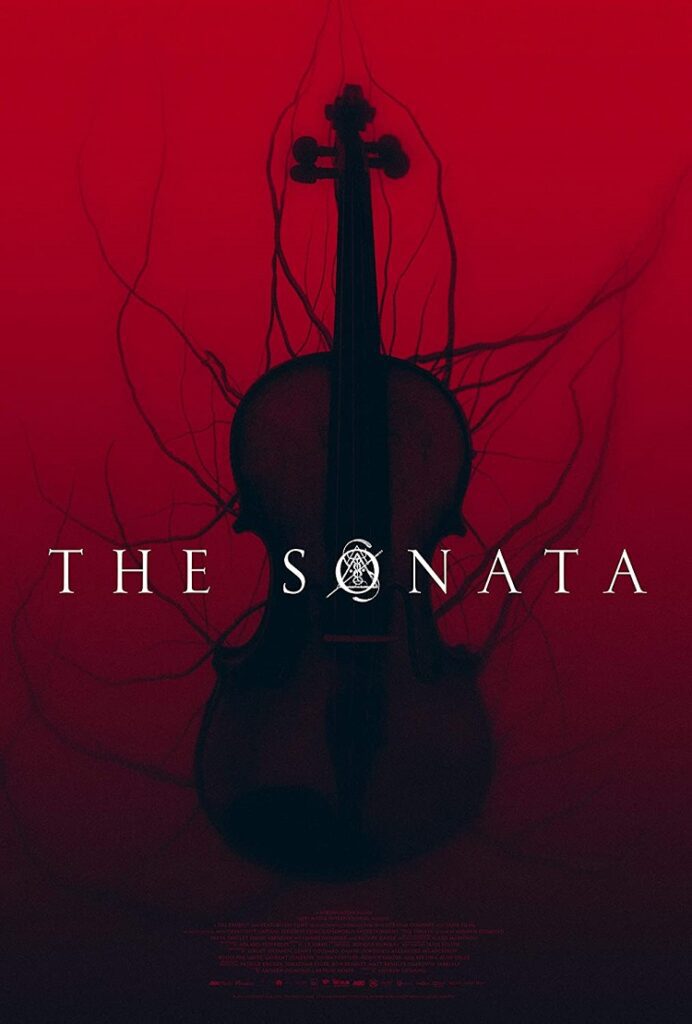
Written by Ram Venkat Srikar
A little question strikes me every time I watch a horror movie. Do horror movies exist in the universe of other horror movies? Isn’t it quite apparent that an old mansion in the woods is a set up for the upcoming horror? The person entering it should be aware of it or at the least, shed little doubt, provided he/she has seen at least one horror movie in their life.
Andrew Desmond’s The Sonata has a quite interesting treatment. The evident intent of horror films would be to scare the living shit out of the audience. Some choose jump scares, which I call physical horror and is the easy way to achieve your motive, and some try to play with the audience’s mind, playing with their fears, should I say, psychological horror? The Sonata marries both the physical and mental facets of horror, resulting in a film that binds you with anxiety and excitement over the course of its runtime.
We are all aware of Shiv Khera’s iconic line from his book, You Can Win, it goes, “Winners don’t do different things. They do things differently”. As ambiguous as it sounds, replacing “winners” with any other word would still retain its meaning to the fullest. Justifying the presence of this line in this context, The Sonata doesn’t do different things. It does things differently. We have seen the creepy mansion innumerable times, but it is not used as a platform for a devil to jump out of the corner. The intent of writers Andrew Desmond & Arthur Morin is quite clear- Tell the story of Rose (Freya Tingley), a young woman inheriting her father’s (Rutger Hauer) mansion after his death and discovering a music piece written by him, and there are endless possibilities of what path they could have taken the story. But the intent is to generate trepidation when we travel with Rose and find things along with her; they managed to pull it off.
The film spends its entire first and second acts establishing its conflict and building up for the final reveal. There are hints dropped here and there, and glimpses of what could happen are visible. But the film never reaches the shocking peak which one might expect considering how calm and composed most of the film is. Maybe that’s how they designed it. And to be frank, watching a film with a feeling that something horrifying might happen is relatively more exciting than watching something happening right in front; in the case of the latter, the moment isn’t earned. Just like the musical piece written by Rose’s father, the film has points in the narrative, they are: “scare”, “shock”, and “reveal”; they rhyme fine with the flow, and function as fitting beats in the totality.
Overall, The Sonata is an incredibly self-aware film that takes little to no risks. Let it be the writing, the creepy setting, or wait, even the budget; it plays very well within its confined space. Yes, the scares might be scarce if you are expecting a full-on horror, but the scares feel earned, though. By sticking to its prime focus – to tell a story in a scary setting, it achieved what it intended to.